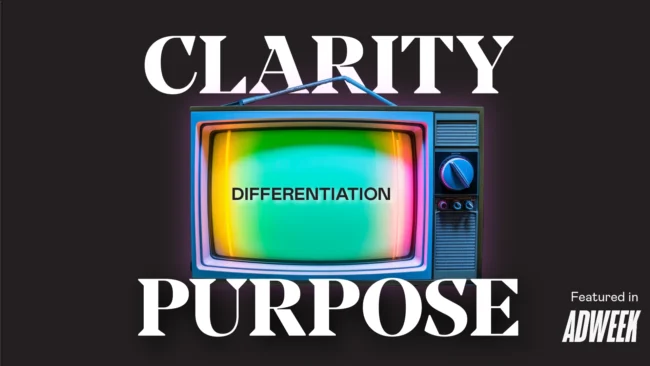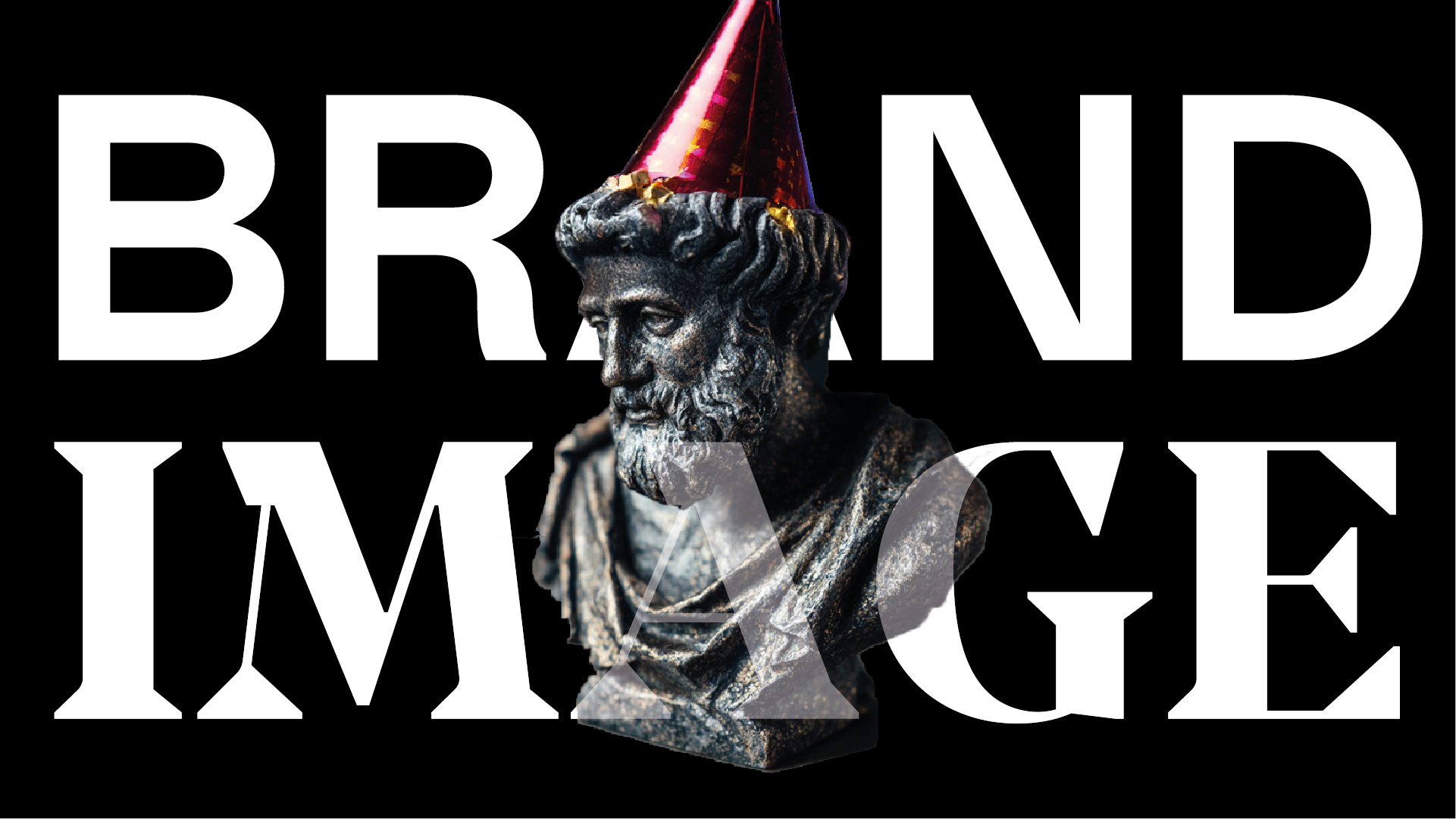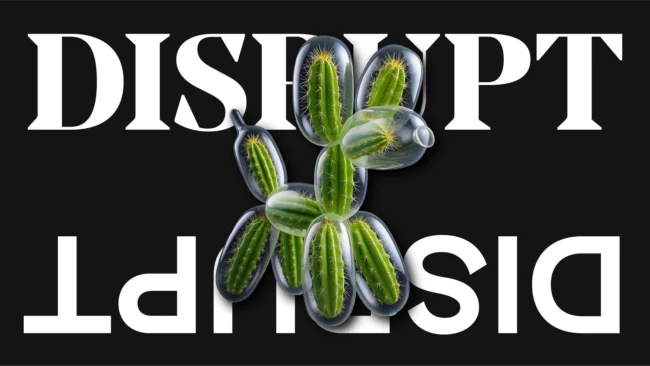
You’re probably familiar with Aristotle’s concept of ‘ethos’, the idea that the perception of the speaker affects how well their message is received. For Aristotle, ethos was composed of wisdom, virtue and goodwill. In the ancient world, that meant the toga-clad speaker was likely to have more wrinkles than hair – the traditionally stiff image of patrician authority.
But is that right for today? If you’re a brand wanting to signal that your new ideas are distinctive, breakthrough and worthy of attention, what role model of intellectual leadership should you emulate?
Perhaps your genius of choice should be Alan Turing, who exuded controlled precision with his immaculate tailoring. Brands that develop ideas derived from expertise and verification – like pharma – can follow Turing’s lead, carefully balancing innovation with reassurance.
Or you could choose student pin-up Einstein, with his zany hair tuning him into the ideas of the universe. Modern tech brands blend Einstein with California’s hippy counter-culture heritage for a relaxed, open style and informal tone. Off with the suits and say no to the tyranny of the tie.
As creativity and ideas have taken over from process and efficiency as the main drivers of competitive advantage, the balance has shifted away from Turing towards Einstein. Brands wanting to signal their creative thinking are now balancing an Unordinary blend of expertise and informality.
So perhaps the definition of ethos needs to be revised for today’s idea-driven brands: from wisdom, virtue and goodwill, to vision, creativity and originality?

